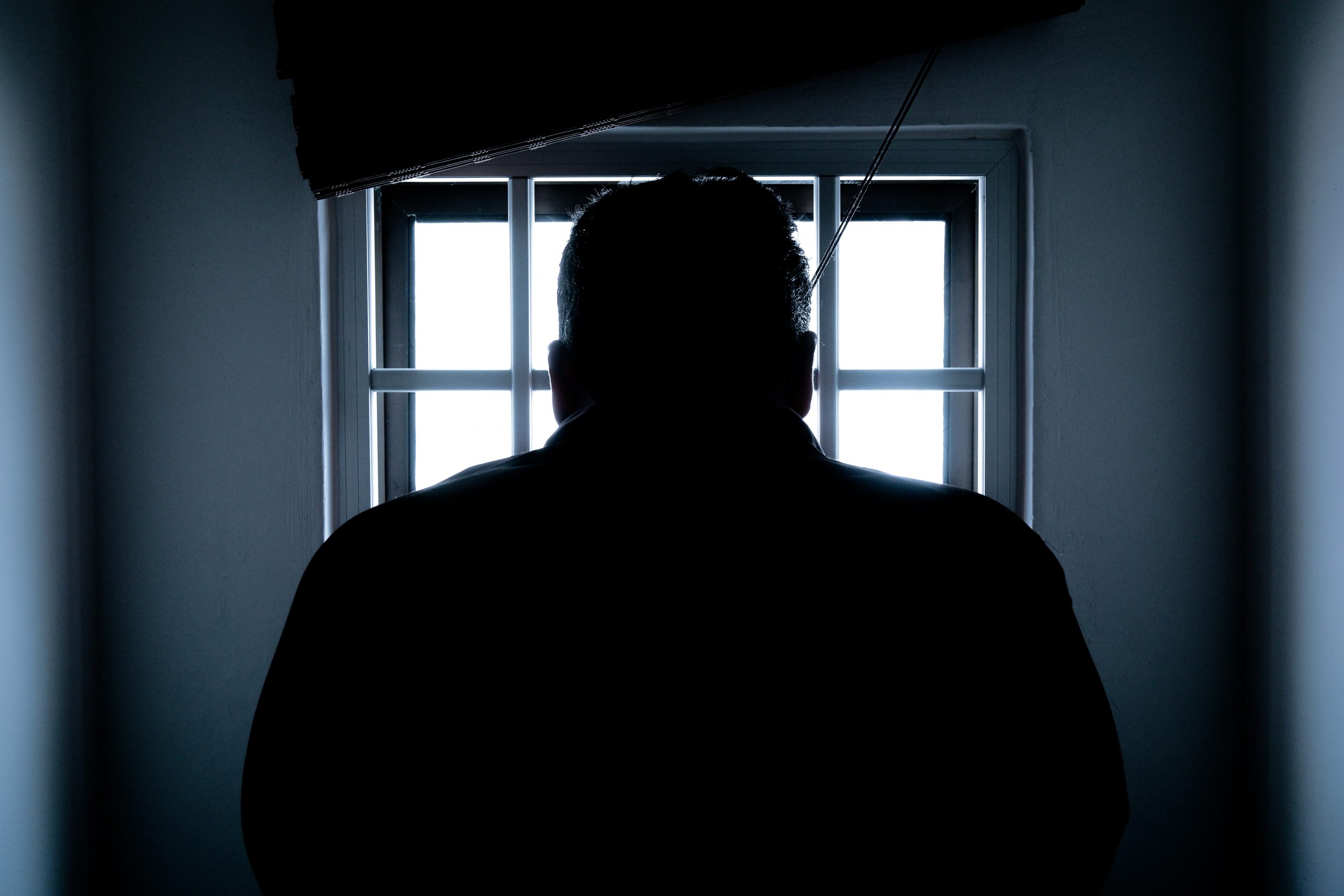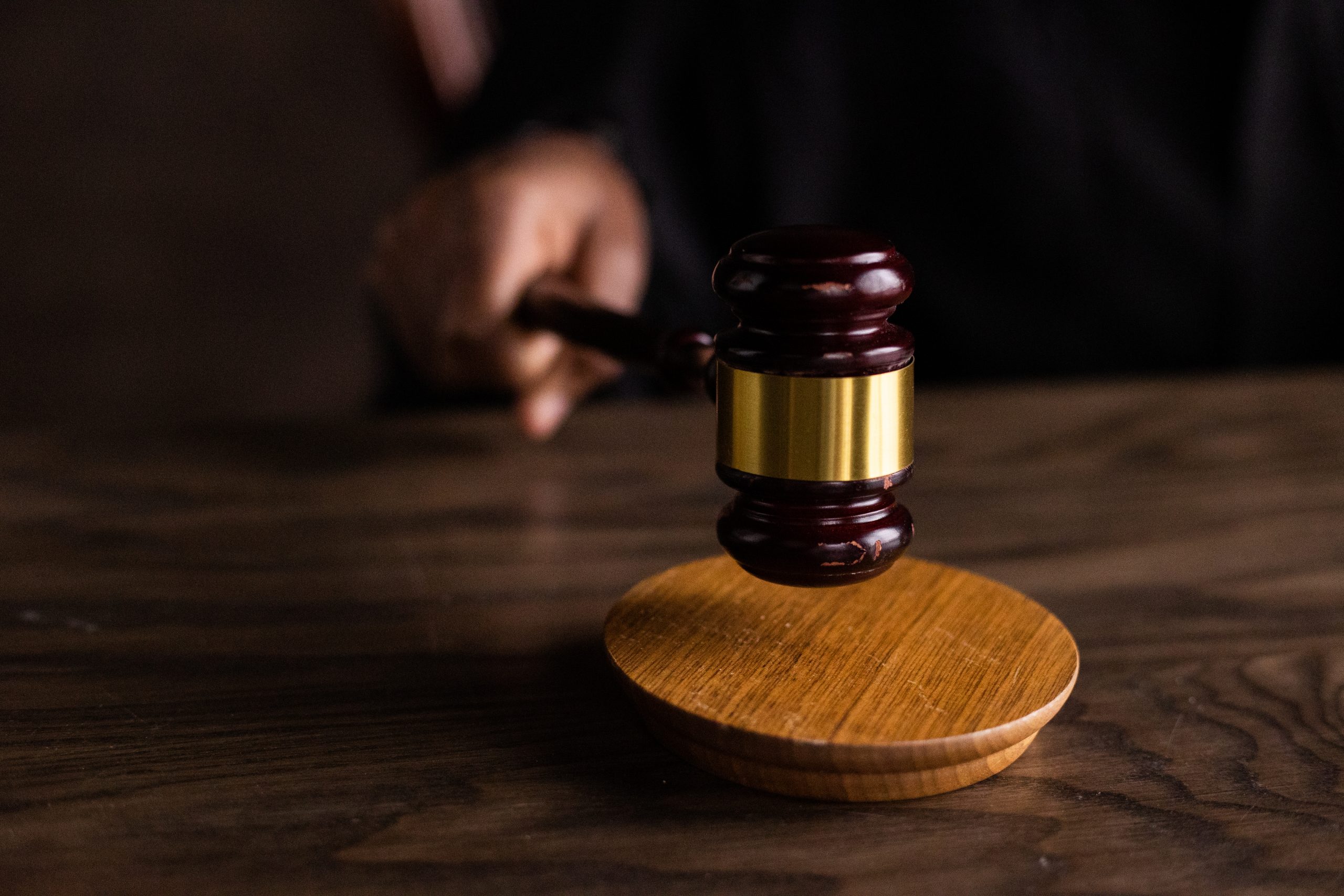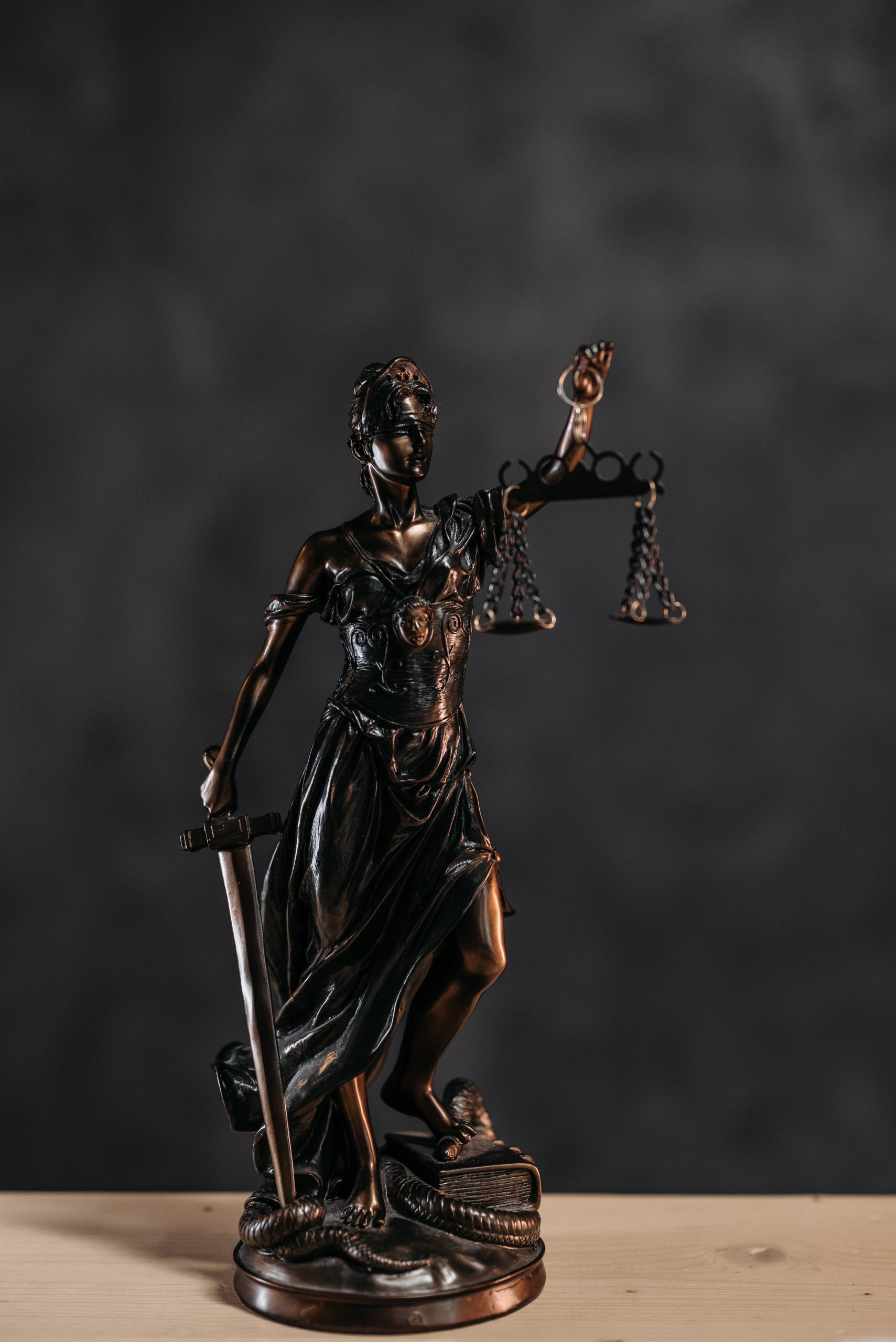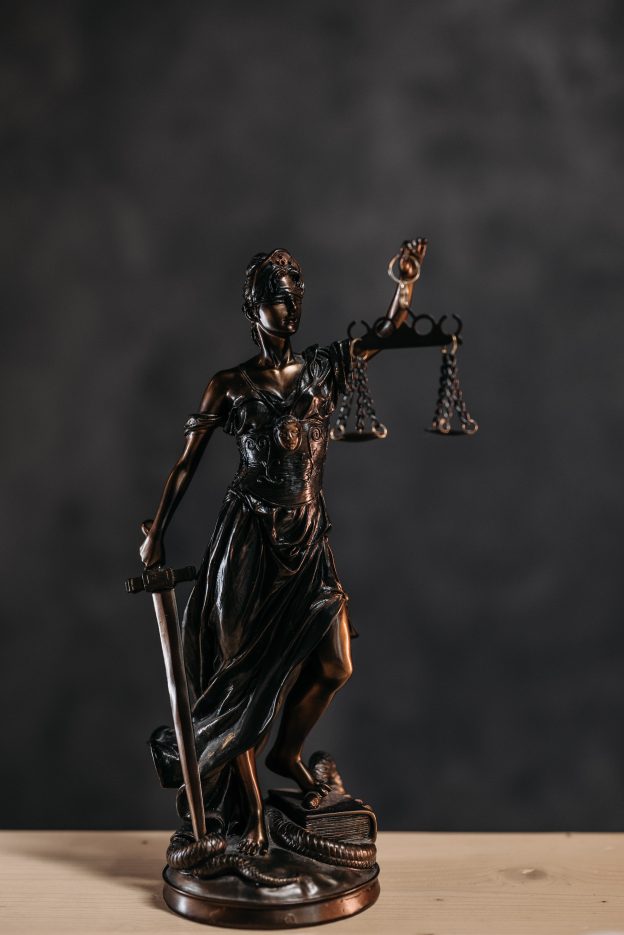The world of criminal law can be complex and overwhelming, especially for those who find themselves facing criminal charges. It is in these moments of distress and uncertainty that the expertise and guidance of a skilled criminal lawyer become invaluable. As a criminal defense attorney, it is your duty to not only navigate the intricacies of the legal system but also to provide compassion, reassurance, and support to your clients. Through informative blog posts that address common legal concerns, showcase your experience through engaging case studies, and offer practical guidance, you can set yourself apart from other lawyers in the field. By creating a connection with your target audience and instilling confidence, you can convince individuals facing criminal charges to take the next step and seek assistance promptly by calling our professional services.
What is a Criminal Lawyer?
A criminal lawyer, also known as a criminal defense attorney, is a legal professional who specializes in representing individuals or organizations charged with criminal offenses. They are experts in criminal law and provide legal representation and guidance to their clients throughout the entire criminal justice process. Criminal lawyers play a crucial role in ensuring that their clients’ rights are protected and are responsible for defending them against criminal charges.
Definition
A criminal lawyer is a legal professional who specializes in representing individuals or organizations accused of committing a crime. This includes offenses such as white-collar crimes, drug crimes, violent crimes, sex crimes, DUI/DWI, theft crimes, juvenile crimes, federal crimes, and military crimes.
Role and Responsibilities
The role of a criminal lawyer is multifaceted and involves various responsibilities to provide effective legal representation to their clients. Some of the key roles and responsibilities of a criminal lawyer include:
-
Legal Counsel: A criminal lawyer provides legal advice and guidance to their clients, explaining the charges against them, the potential consequences, and the available defense strategies.
-
Case Evaluation: They thoroughly assess their clients’ case, analyzing the evidence, witnesses, and applicable laws to determine the most effective defense strategy.
-
Investigation: Criminal lawyers conduct investigations to gather evidence, interview witnesses, and consult with experts if necessary. They aim to uncover any inconsistencies, constitutional violations, or procedural errors that can strengthen their clients’ defense.
-
Legal Protection: They ensure that their clients’ rights are protected throughout the entire criminal justice process. This includes protecting them from unlawful searches and seizures, ensuring their right to a fair trial, and preventing self-incrimination.
-
Negotiation and Plea Bargaining: Criminal lawyers negotiate with prosecutors to secure favorable plea bargains for their clients. They aim to minimize the charges or penalties imposed on their clients by reaching agreements that are in their clients’ best interests.
-
Trial Representation: If the case goes to trial, criminal lawyers represent their clients in court. They present their clients’ case, cross-examine witnesses, and make persuasive arguments to the judge and jury.
-
Sentencing Advocacy: Criminal lawyers advocate for fair and just sentencing if their clients are convicted. They present mitigating factors and argue for alternative sentencing options such as probation, rehabilitation programs, or reduced prison time.
Types of Criminal Cases
Criminal lawyers handle a wide range of criminal cases, each with its unique set of legal challenges and complexities. Here are some of the common types of criminal cases that a criminal lawyer may specialize in:
White Collar Crimes
White collar crimes refer to non-violent offenses committed by individuals in business or professional settings for financial gain. These crimes can include fraud, embezzlement, money laundering, insider trading, and tax evasion. Criminal lawyers who specialize in white collar crimes have expertise in complex financial and corporate laws.
Drug Crimes
Drug crimes involve the possession, manufacturing, trafficking, or distribution of illegal drugs or controlled substances. These crimes can range from simple possession to more serious offenses such as drug trafficking or operating a drug lab. Criminal lawyers who handle drug crime cases have knowledge of drug laws, search and seizure laws, and the constitutional rights of their clients.
Violent Crimes
Violent crimes encompass offenses that involve the use or threat of physical force against another person. These crimes can include assault, battery, robbery, homicide, domestic violence, and manslaughter. Criminal lawyers who specialize in violent crimes must have a deep understanding of self-defense laws, witness testimonies, and forensic evidence.
Sex Crimes
Sex crimes involve offenses of a sexual nature, including rape, sexual assault, child pornography, prostitution, and sexual abuse. Criminal lawyers who handle sex crime cases must have expertise in the specific laws and legal procedures surrounding these offenses, as well as knowledge of psychological and forensic evidence.
DUI/DWI
DUI (Driving Under the Influence) and DWI (Driving While Intoxicated) charges are related to operating a vehicle while under the influence of alcohol or drugs. Criminal lawyers who specialize in DUI/DWI cases are well-versed in traffic laws, field sobriety tests, breathalyzer tests, and blood alcohol concentration (BAC) levels.
Theft Crimes
Theft crimes involve the unlawful taking of another person’s property without their permission. These crimes can include theft, burglary, robbery, embezzlement, and identity theft. Criminal lawyers who handle theft crime cases understand property laws, search and seizure laws, and the complexities of proving ownership and intent.
Juvenile Crimes
Juvenile crimes are offenses committed by individuals under the age of 18. These offenses can range from underage drinking and drug possession to assault and theft. Criminal lawyers who handle juvenile crime cases have knowledge of juvenile laws, the juvenile justice system, and alternative sentencing options for minors.
Federal Crimes
Federal crimes are offenses that violate federal laws and are prosecuted at the federal level. These crimes can include drug trafficking, terrorism, white-collar crimes, and interstate crimes. Criminal lawyers who specialize in federal crimes must be familiar with federal laws, federal courtroom procedures, and the investigative techniques used by federal agencies.
Military Crimes
Military crimes are offenses that are committed by members of the military and are governed by military law. These crimes can include desertion, insubordination, theft, drug offenses, and sexual assault. Criminal lawyers who handle military crime cases must have knowledge of both military law and the Uniform Code of Military Justice (UCMJ).

Qualities of a Good Criminal Lawyer
When facing criminal charges, it is essential to have a skilled and experienced criminal lawyer by your side. Here are some qualities that make a good criminal lawyer:
Experience
Experience is crucial in criminal law as it allows the lawyer to navigate the complexities of the legal system effectively. An experienced criminal lawyer has handled numerous cases similar to yours and has developed the skills and strategies needed to secure favorable outcomes.
Knowledge of Criminal Law
A good criminal lawyer possesses in-depth knowledge of criminal law and stays updated on the latest legal developments and precedents. They understand the nuances of the law and can identify potential defenses and loopholes that can benefit their clients’ cases.
Communication Skills
Effective communication skills are essential for a criminal lawyer to advocate for their clients. They must be able to clearly articulate their clients’ positions, negotiate with prosecutors, argue persuasively in court, and explain complex legal concepts to clients in a way they can understand.
Analytical Skills
Criminal lawyers need strong analytical skills to assess their clients’ cases, dissect evidence, identify weaknesses in the prosecution’s case, and develop effective defense strategies. They must have the ability to think critically and strategically, considering all possible angles and scenarios.
Negotiation Skills
Negotiation is a crucial skill for criminal lawyers, as they often engage in plea bargaining with prosecutors. A good criminal lawyer can negotiate skillfully, securing favorable outcomes for their clients and minimizing the charges or penalties imposed on them.
Criminal Trial Experience
Trial experience is invaluable for a criminal lawyer, especially if your case goes to trial. An experienced trial lawyer knows how to present a compelling case, cross-examine witnesses, and make persuasive arguments to the judge and jury.
Client Reviews
Client reviews and testimonials provide insight into the quality of a criminal lawyer’s services. Positive reviews from satisfied clients are a testament to the lawyer’s expertise, professionalism, and dedication to achieving favorable outcomes for their clients.
Why Do You Need a Criminal Lawyer?
When facing criminal charges, hiring a criminal lawyer is crucial to protect your rights, navigate the legal system, and achieve the best possible outcome for your case. Here are some reasons why you need a criminal lawyer:
Legal Protection
A criminal lawyer ensures that your constitutional rights are protected throughout the criminal justice process. They ensure that you are not subjected to unlawful searches and seizures, that you receive a fair trial, and that you are not coerced into making self-incriminating statements.
Investigation and Evidence
Criminal lawyers conduct thorough investigations to gather evidence, interview witnesses, and consult with experts if necessary. They aim to uncover any inconsistencies, constitutional violations, or procedural errors that can strengthen your defense and potentially lead to a dismissal or reduction of charges.
Case Strategy
A criminal lawyer develops a strategic defense plan tailored to the specific circumstances of your case. They analyze the evidence, assess the strengths and weaknesses of the prosecution’s case, and identify the most effective defense strategies to pursue.
Negotiation and Plea Bargaining
Criminal lawyers have the skills and experience to negotiate with prosecutors and secure favorable plea bargains for their clients. They understand the intricacies of plea bargaining and can advocate for reduced charges or penalties that are in your best interests.
Trial Representation
If your case goes to trial, a criminal lawyer will represent you in court. They will present a strong defense, cross-examine the prosecution’s witnesses, and make persuasive arguments to the judge and jury. Their goal is to secure an acquittal or minimize the charges or penalties imposed on you.
Sentencing Advocacy
If you are convicted, a criminal lawyer can advocate for fair and just sentencing on your behalf. They present mitigating factors, such as your personal circumstances and remorse, and argue for alternative sentencing options such as probation, rehabilitation programs, or reduced prison time.

How to Choose the Right Criminal Lawyer
Choosing the right criminal lawyer is crucial to the outcome of your case. Here are some factors to consider when selecting a criminal lawyer:
Specialization and Expertise
Look for a criminal lawyer who specializes in the type of charges you are facing. Different criminal lawyers have expertise in specific areas of criminal law, such as white collar crimes, drug offenses, or violent crimes. Ensure that the lawyer you choose has experience and a track record of success in handling cases similar to yours.
Experience and Track Record
Consider the experience and track record of the criminal lawyer you are considering. How many years have they been practicing criminal law? Have they successfully handled cases similar to yours? Look for a lawyer with a proven track record of obtaining favorable outcomes for their clients.
Professionalism and Availability
Professionalism and availability are vital qualities in a criminal lawyer. They should be responsive to your questions and concerns, keep you informed about the progress of your case, and treat you with respect. A good criminal lawyer should also have excellent organizational skills and be able to handle your case efficiently.
Client Reviews and Testimonials
Read client reviews and testimonials to gain insight into the experiences of past clients. Positive reviews and testimonials indicate that the lawyer has a strong reputation for providing high-quality legal services and achieving favorable outcomes for their clients.
Fees and Payment Plans
Discuss the lawyer’s fees and payment plans during the initial consultation. Ensure that you have a clear understanding of their billing structure, including any retainer fees or hourly rates. Transparency about fees will help you make an informed decision and avoid any surprises down the line.
Criminal Lawyer vs. Public Defender
When facing criminal charges, you have the option of hiring a private criminal lawyer or relying on a public defender. Here are some factors to consider when deciding between a criminal lawyer and a public defender:
Qualifications and Experience
Criminal lawyers are private attorneys who specialize in criminal defense. They often have more experience and expertise in specific areas of criminal law compared to public defenders, who handle a wide range of cases. Private criminal lawyers also have the flexibility to choose the cases they take on, allowing them to focus on clients’ specific needs.
Caseload and Attention to Your Case
Public defenders typically have heavy caseloads due to high demand and limited resources. This can result in less personalized attention to individual cases. Private criminal lawyers, on the other hand, often have smaller caseloads, allowing them to dedicate more time and attention to each client’s case.
Legal Representation Quality
Both criminal lawyers and public defenders are qualified attorneys who can provide legal representation. However, private criminal lawyers often have more resources, including access to experts, investigators, and support staff. This can enhance the quality of legal representation they can provide.
Client-Attorney Relationship
The client-attorney relationship is an essential aspect of effective legal representation. Private criminal lawyers often have more time and flexibility to establish a strong rapport with their clients, fostering trust and open communication. Public defenders may have limited time to build these relationships due to heavy caseloads.
The Criminal Defense Process
The criminal defense process involves several stages, each with its specific procedures and requirements. Here are the key stages of the criminal defense process:
Arrest and Booking
The criminal defense process begins with the arrest and booking of the accused. Law enforcement officers take the individual into custody, and they are processed, including fingerprinting, photographing, and recording personal information.
Bail and Pretrial Release
After the arrest, the accused may be eligible for bail or pretrial release. Bail allows the accused to be released from custody in exchange for paying a specified amount of money. Pretrial release may be granted under certain conditions, such as the accused’s promise to appear in court and not engage in illegal activities.
Investigation and Discovery
Criminal lawyers conduct investigations to gather evidence, interview witnesses, and examine the prosecution’s case. They may also file motions to obtain additional evidence from the prosecution, a process known as discovery.
Pretrial Motions
During the pretrial stage, criminal lawyers may file motions to suppress evidence obtained through unlawful means, dismiss charges due to lack of evidence or legal grounds, or request changes to the trial venue. These motions aim to weaken the prosecution’s case or achieve a resolution before trial.
Plea Bargaining
Plea bargaining is a negotiation process between the defense and the prosecution, where the accused agrees to plead guilty or no contest to some or all of the charges in exchange for a concession from the prosecution. Plea bargains can result in reduced charges, lesser penalties, or alternative sentencing options.
Criminal Trial
If the case does not resolve through plea bargaining or dismissal, it proceeds to trial. A criminal trial involves presenting evidence, examining witnesses, and making arguments to the judge and jury. The prosecution must prove the accused’s guilt beyond a reasonable doubt for a conviction to occur.
Sentencing
If the accused is found guilty at trial or pleads guilty, the court proceeds to sentencing. The judge considers various factors, including the nature of the offense, the defendant’s criminal history, and any mitigating circumstances. The judge then determines the appropriate punishment, which may include fines, probation, community service, or incarceration.
FAQs about Criminal Lawyers
What is the difference between a criminal lawyer and a prosecutor?
A criminal lawyer, also known as a criminal defense attorney, represents individuals or organizations facing criminal charges. They advocate for their clients’ rights and interests and defend them against the prosecution’s case. On the other hand, a prosecutor is a lawyer who represents the government and is responsible for presenting the case against the defendant. Prosecutors work for the state or federal government and seek to prove the defendant’s guilt.
Can a criminal lawyer get my charges dismissed?
A criminal lawyer can work to get your charges dismissed by building a strong defense strategy, challenging evidence, or identifying constitutional violations or procedural errors. However, the possibility of having charges dismissed depends on the specific circumstances of your case, the strength of the evidence against you, and the legal defenses that can be raised. A skilled criminal lawyer can assess your case and determine the best approach to pursue.
How much does a criminal lawyer cost?
The cost of hiring a criminal lawyer can vary depending on various factors, such as the complexity of your case, the lawyer’s experience and reputation, and the location. Some criminal lawyers charge an hourly rate, while others may offer flat fees or work on a contingency basis. It is important to discuss fees and payment plans with your lawyer during the initial consultation to ensure a clear understanding of the financial arrangements.
Will hiring a criminal lawyer guarantee that I won’t go to jail?
Hiring a criminal lawyer does not guarantee that you won’t go to jail. The outcome of your case depends on numerous factors, including the nature of the charges, the strength of the evidence against you, and the defense strategies employed. However, a skilled criminal lawyer can work to build a strong defense, negotiate plea bargains, and present effective arguments in court to minimize the chances of imprisonment and secure a favorable outcome for your case.
Do criminal lawyers handle appeals?
Yes, criminal lawyers can handle appeals. If you have been convicted and believe that a legal error occurred during your trial or that your constitutional rights were violated, you have the right to appeal the decision. Criminal lawyers experienced in appellate practice can review your case, identify potential errors or violations, and prepare and present arguments to a higher court on your behalf.

Conclusion
A criminal lawyer plays a crucial role in providing legal representation and guidance to individuals or organizations facing criminal charges. They have in-depth knowledge of criminal law, handle various types of criminal cases, and possess the qualities necessary to achieve favorable outcomes for their clients. Hiring a criminal lawyer is essential to receive legal protection, navigate the criminal justice process, and increase your chances of securing the best possible outcome for your case.
Call to Action
If you or your organization is facing criminal charges, don’t wait to seek legal assistance. Contact our experienced criminal lawyers today for a consultation. We have a track record of successfully representing clients in various criminal cases and will provide you with the expert guidance and representation you need. Call [Lawyer’s Phone Number] now to discuss your case and protect your rights.



